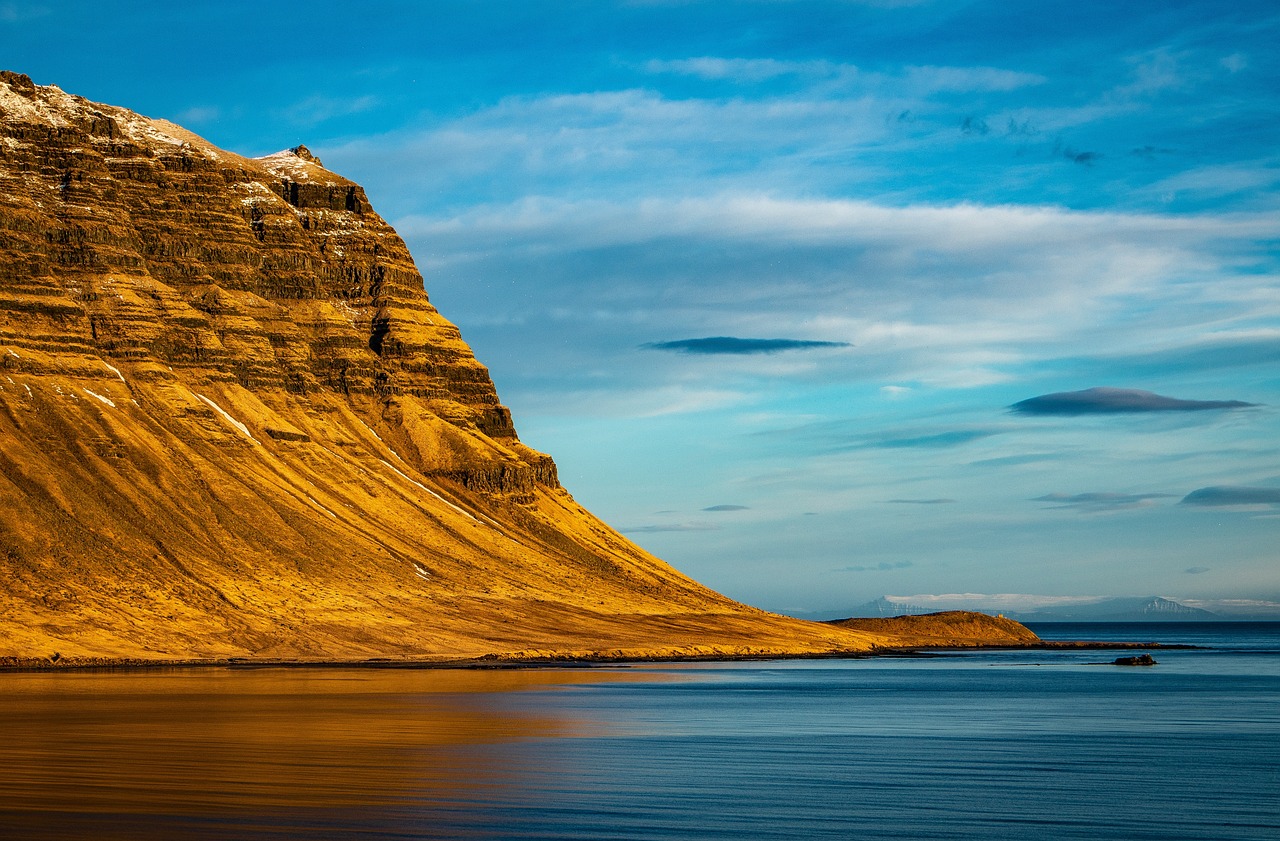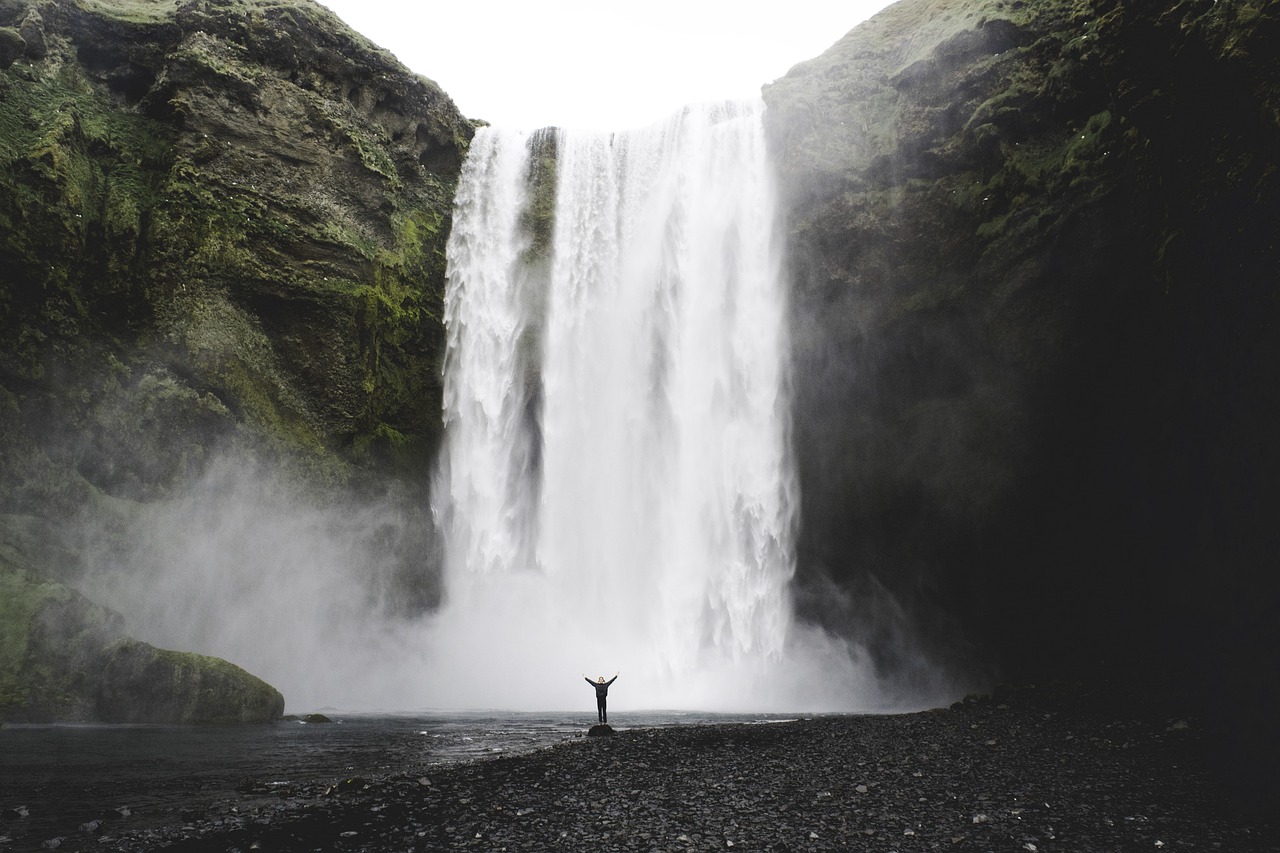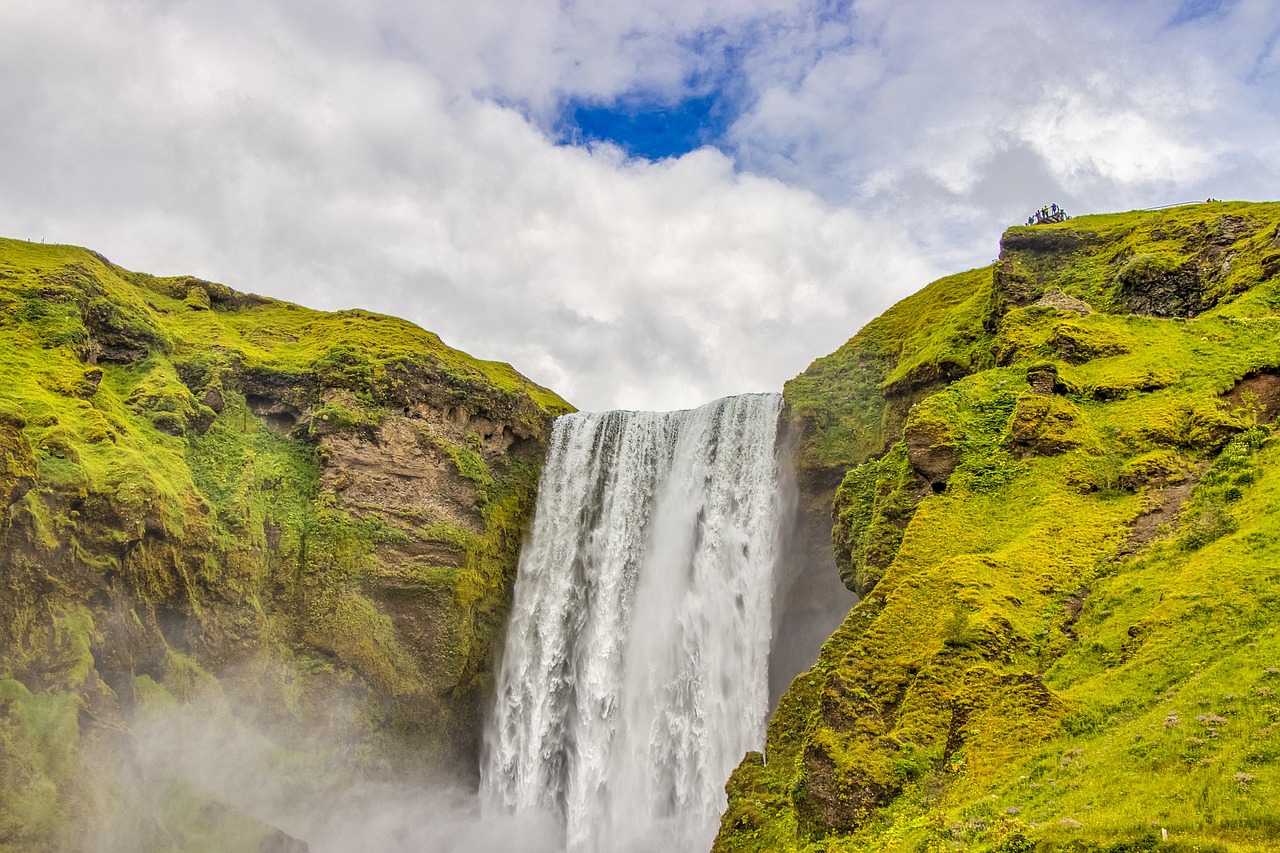Cultural Sensitivities: Understanding Local Norms in Iceland
Iceland, known as the “Land of Fire and Ice,” is a country with a rich cultural heritage and unique traditions. When visiting this Nordic island nation, it is important to be aware of and respect the local norms and customs. Understanding the cultural sensitivities of Iceland will not only enhance your experience but also ensure that you have a positive interaction with the locals. In this article, we will explore various aspects of Icelandic culture and provide insights into the cultural sensitivities that visitors should keep in mind.
Geothermal Pools and Hot Springs
One of the most iconic experiences in Iceland is visiting its geothermal pools and hot springs. These natural wonders offer relaxation and rejuvenation, but it’s crucial to be mindful of the local customs. Here are some important points to remember:
- Shower before entering: In Iceland, it is customary to shower without a swimsuit before entering the pools or hot springs. This practice ensures cleanliness and hygiene.
- Respect personal space: While enjoying the pools, be mindful of personal space and avoid overcrowding. Icelanders value their privacy and appreciate a respectful distance.
- Observe quietness: Geothermal pools are often considered places of tranquility. Maintain a calm atmosphere by keeping noise to a minimum.
- Follow dress codes: Some pools may have specific dress codes, such as requiring swim caps or prohibiting certain types of swimwear. Familiarize yourself with the rules before visiting.
Icelandic Cuisine
Icelandic cuisine is a unique blend of traditional Nordic flavors and local ingredients. When dining in Iceland, it’s essential to be mindful of the cultural sensitivities surrounding food. Here are some points to consider:
- Taste local delicacies: Embrace the opportunity to try traditional Icelandic dishes like hákarl (fermented shark), skyr (a type of yogurt), or plokkfiskur (fish stew). It shows respect for the local culture.
- Respect food origins: Icelanders take pride in their locally sourced ingredients. When dining out, inquire about the origin of the food and support establishments that prioritize sustainable practices.
- Be open-minded: Icelandic cuisine may include unconventional dishes or ingredients. Approach new flavors and textures with an open mind and a willingness to explore.
- Observe table manners: Familiarize yourself with basic table manners in Iceland, such as keeping your hands visible, waiting for the host to start eating, and finishing your plate as a sign of appreciation.
Outdoor Etiquette
Iceland’s breathtaking landscapes and natural wonders attract outdoor enthusiasts from around the world. To ensure the preservation of these pristine environments and respect for local norms, consider the following:
- Stay on designated paths: Stick to marked trails and paths when exploring Iceland’s natural attractions. This helps protect fragile ecosystems and prevents damage to sensitive areas.
- Leave no trace: Practice responsible tourism by leaving the environment as you found it. Dispose of trash properly and avoid littering.
- Respect wildlife: Iceland is home to various species of wildlife, including birds, seals, and reindeer. Keep a safe distance and avoid disturbing their natural habitats.
- Follow camping guidelines: If camping in Iceland, familiarize yourself with the specific rules and regulations for each area. Respect quiet hours, dispose of waste responsibly, and avoid setting up camp on private property.
Social Interactions
Icelanders are known for their friendly and welcoming nature. When engaging in social interactions, it’s important to be aware of the following cultural sensitivities:
- Respect personal boundaries: Icelanders value personal space and may prefer a more reserved approach to greetings. Avoid excessive physical contact unless invited.
- Be punctual: Icelandic culture places importance on punctuality. Arrive on time for social engagements and appointments to show respect for others’ time.
- Practice equality: Iceland is known for its commitment to gender equality. Treat everyone with respect and avoid making assumptions based on gender or other characteristics.
- Engage in meaningful conversations: Icelanders appreciate thoughtful and intellectual discussions. Engage in conversations that go beyond small talk and show genuine interest in the topics being discussed.
Iceland Image 1:

Festivals and Celebrations
Icelandic festivals and celebrations provide a glimpse into the country’s cultural heritage and traditions. When attending these events, keep in mind the following cultural sensitivities:
- Participate respectfully: If joining in traditional festivities, respect the customs and traditions associated with the event. Follow instructions and observe any rituals or ceremonies with reverence.
- Support local artisans: Many Icelandic festivals feature local crafts and products. Show appreciation for the local culture by purchasing handmade goods and supporting local artisans.
- Be mindful of noise: Icelanders value peace and quiet, even during celebrations. Avoid excessive noise or disruptive behavior that may disturb the local community.
- Learn about the significance: Take the time to learn about the history and cultural significance of the festivals you attend. Understanding the context enhances your appreciation for the event.
Iceland Image 2:

Environmental Consciousness
Iceland has a strong commitment to environmental sustainability and preservation. As a visitor, you can contribute to these efforts by being environmentally conscious:
- Reduce, reuse, recycle: Follow responsible waste management practices by recycling whenever possible and minimizing single-use plastics.
- Support eco-friendly initiatives: Choose accommodations, tours, and activities that prioritize sustainable practices. Look for certifications or labels that indicate a commitment to the environment.
- Conserve water and energy: Iceland’s natural resources, such as water and geothermal energy, are invaluable. Use resources wisely and minimize waste.
- Respect restricted areas: Some areas in Iceland may have restricted access to protect fragile ecosystems. Observe signage and respect any temporary closures or restrictions.
Iceland Image 3:

Conclusion
By understanding and respecting the cultural sensitivities of Iceland, you can have a more immersive and respectful experience during your visit. From geothermal pools to culinary delights, outdoor adventures to social interactions, embracing the local norms enhances your connection with this beautiful country. Remember to be mindful of the environment and support sustainable practices. Enjoy your time in Iceland while appreciating its rich cultural heritage and unique traditions.
References
– Visit Iceland: www.visiticeland.com
– Inspired by Iceland: www.inspiredbyiceland.com
– Icelandic Tourist Board: www.iceland.is
– Reykjavik Grapevine: grapevine.is


